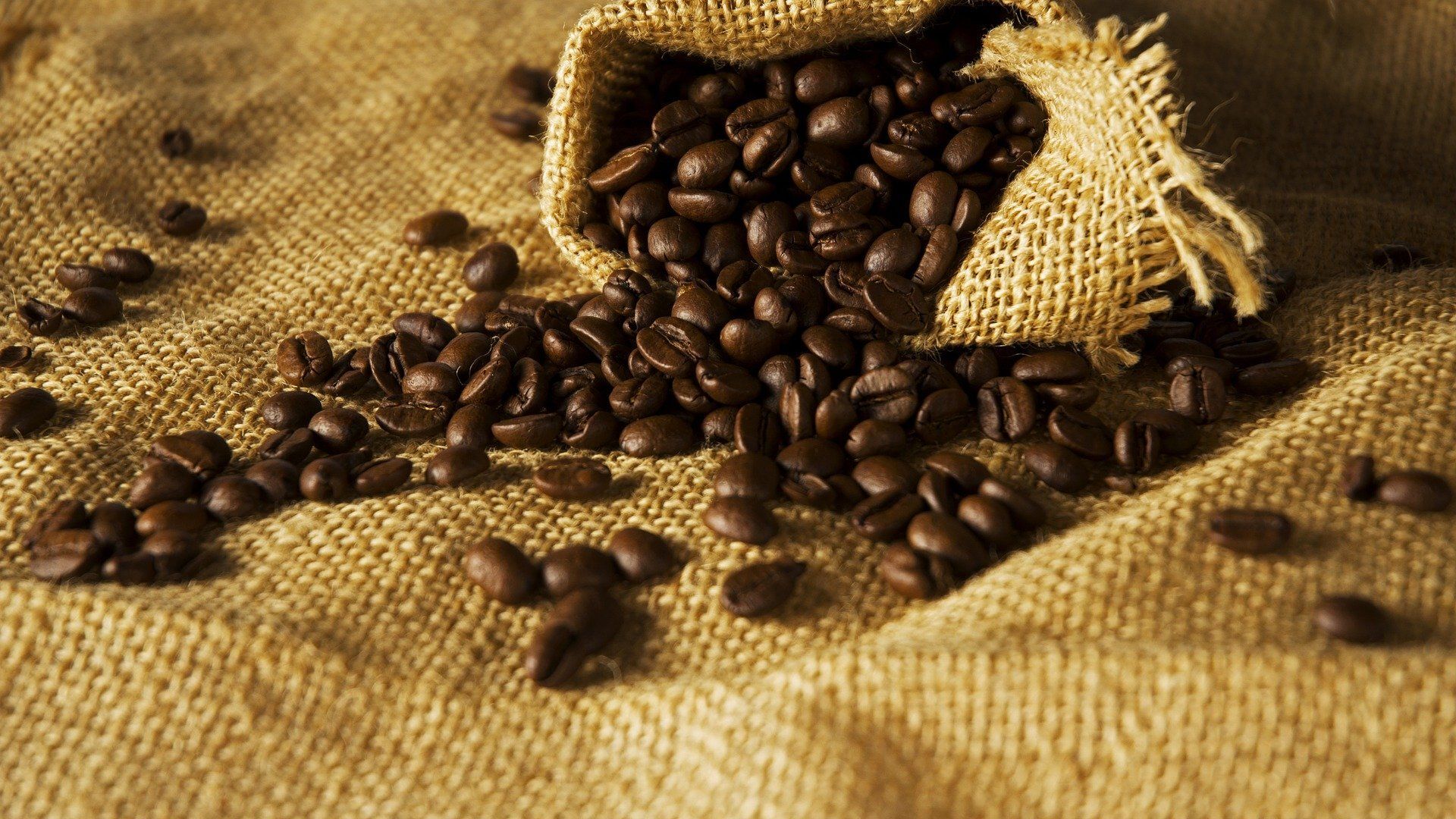https://en.sputniknews.africa/20240417/arabica-coffee-is-older-than-humans-study-finds-1066116161.html
Arabica Coffee is Older Than Modern Humans, Study Finds
Arabica Coffee is Older Than Modern Humans, Study Finds
Sputnik Africa
Coffee is one of the world's most widely consumed beverages (an estimated 2.25 billion cups are consumed each day) and one of the most traded commodities... 17.04.2024, Sputnik Africa
2024-04-17T16:39+0200
2024-04-17T16:39+0200
2024-04-17T16:52+0200
coffee
research
science
international
history
biology
https://cdn1.img.sputniknews.africa/img/07e4/08/19/1044315372_0:96:1920:1176_1920x0_80_0_0_26ce83c746644e73c8f392a5f0007cdb.jpg
Arabica coffee is at least 600,000 years old, making it older than Homo sapiens, who appeared between 200,000 and 300,000 years ago, according to a study published in the journal Nature Genetics.For the study, the researchers created "the highest-quality reference genome to date of the world's most popular coffee species, Arabica," sequencing 39 different varieties, including an 18th-century specimen.Arabica is a hybrid of two other species, Robusta and Eugenioides. However, estimates of when this hybridization occurred range from 10,000 years ago to 1 million years ago, according to researchers.To determine when the merger occurred, the scientists ran the Arabica genomes through a computer modeling program to look for signs of the species' foundation.They found three "population bottlenecks," the earliest of which they believe occurred 29,000 generations ago, or 610,000 years ago. Thus, the most recent Arabica may have evolved some 610,000 years ago, rather than 10,000 years ago.The information gained from the Arabica line may help protect it in the future from threats such as leaf rust.In February, the African Union declared coffee a strategic crop in Africa, supporting investment in innovation and research into new products and promoting added value rather than the export of raw grains.
https://en.sputniknews.africa/20240309/1065463104.html
Sputnik Africa
feedback@sputniknews.com
+74956456601
MIA „Rossiya Segodnya“
2024
Maxim Grishenkin
https://cdn1.img.sputniknews.africa/img/07e7/0a/17/1063018107_0:0:1104:1103_100x100_80_0_0_03090c85a11f5d2e8a19cf1d989443c9.jpg
Maxim Grishenkin
https://cdn1.img.sputniknews.africa/img/07e7/0a/17/1063018107_0:0:1104:1103_100x100_80_0_0_03090c85a11f5d2e8a19cf1d989443c9.jpg
News
en_EN
Sputnik Africa
feedback@sputniknews.com
+74956456601
MIA „Rossiya Segodnya“
Sputnik Africa
feedback@sputniknews.com
+74956456601
MIA „Rossiya Segodnya“
Maxim Grishenkin
https://cdn1.img.sputniknews.africa/img/07e7/0a/17/1063018107_0:0:1104:1103_100x100_80_0_0_03090c85a11f5d2e8a19cf1d989443c9.jpg
coffee, research, science, international, history, biology
coffee, research, science, international, history, biology
Arabica Coffee is Older Than Modern Humans, Study Finds
16:39 17.04.2024 (Updated: 16:52 17.04.2024) Coffee is one of the world's most widely consumed beverages (an estimated 2.25 billion cups are consumed each day) and one of the most traded commodities. Arabica accounts for the majority of the world's coffee production.
Arabica coffee is at least 600,000 years old, making it older than Homo sapiens, who appeared between 200,000 and 300,000 years ago, according to a
study published in the journal Nature Genetics.
For the study, the researchers created "the highest-quality reference genome to date of the world's most popular
coffee species, Arabica," sequencing 39 different varieties, including an 18th-century specimen.
Arabica is a hybrid of two other species, Robusta and Eugenioides. However, estimates of when this hybridization occurred range from 10,000 years ago to 1 million years ago, according to researchers.
To determine when the merger occurred, the scientists ran the Arabica genomes through a computer modeling program to look for signs of the species' foundation.
They found three "population bottlenecks," the earliest of which they believe occurred 29,000 generations ago, or 610,000 years ago. Thus, the most recent Arabica may have evolved some 610,000 years ago, rather than 10,000 years ago.
The information gained from the Arabica line may
help protect it in the future from threats such as leaf rust.
"Analysis of modern varieties [...] highlights their breeding histories and loci that may contribute to pathogen resistance, laying the groundwork for future genomics-based breeding of Arabica," the researchers concluded.
In February, the African Union declared coffee a strategic crop in Africa, supporting investment in innovation and research into new products and promoting added value rather than the
export of raw grains.



